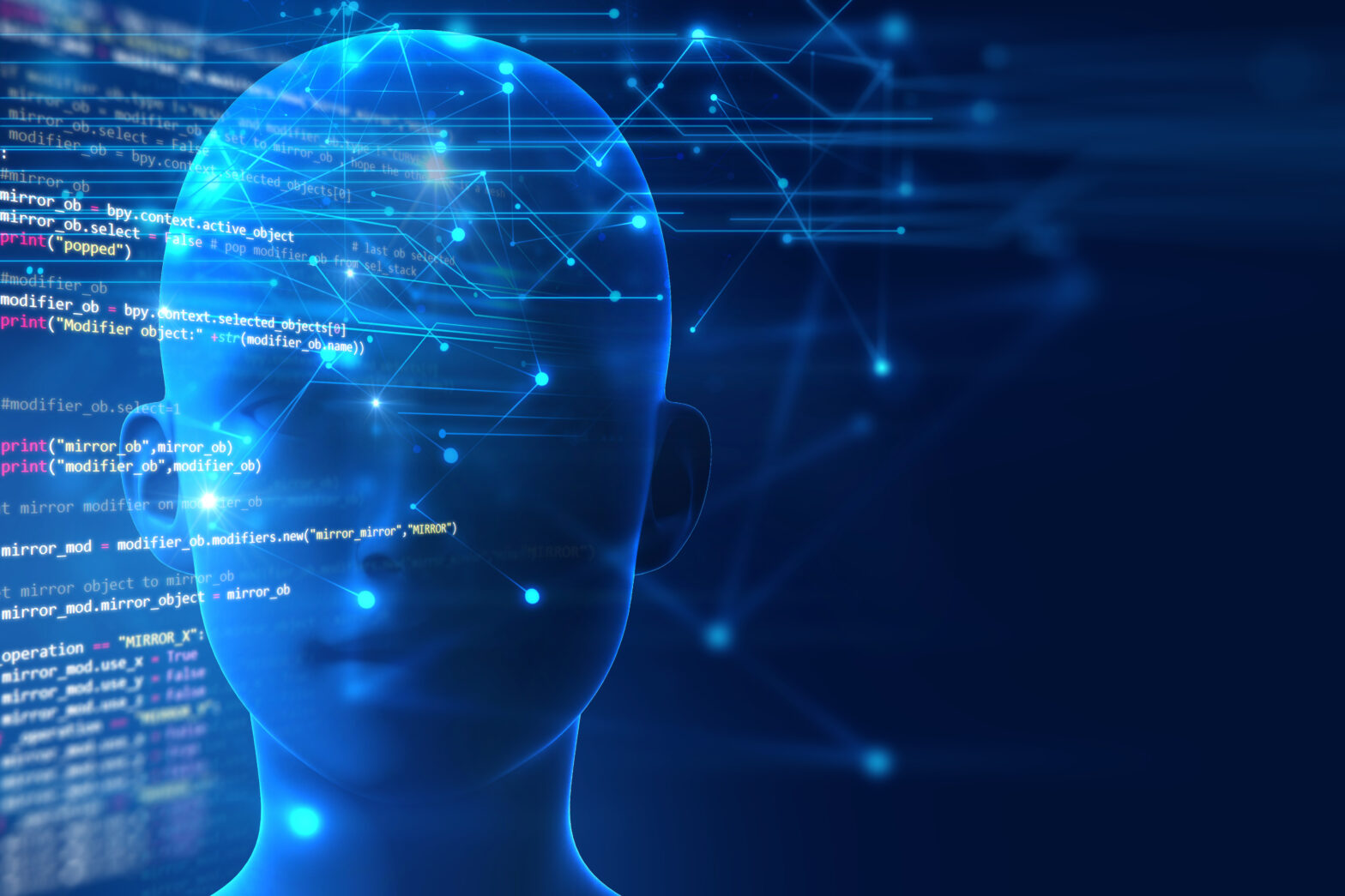Being human entails not being perfect, and they’re mostly okay with that; but when you’re trying to do something that has no room for error, such as running a business, it might be time to try a more ‘intelligent’ approach. You could stick to the basics and rough it out the traditional way, but when all your competitors are moving ahead, shouldn’t you too?There’s only so much a person can do.
You might be the best at your job but that doesn’t mean you have to do it alone. If you wanted to, you could decipher reams of data, anticipate your needs even before you know what they are, identify the solutions, interpretations and predictions and make sure your activities run smoothly; wouldn’t you rather leave it to artificial intelligence (AI) and just do what you’re supposed to really be doing?
When AI takes over
Not literally. An AI (although programmed to) has your best interests in mind and makes the growth of your business its priority.
>See also: AI and automation will be far more significant than Brexit
An AI’s interpretations are unbiased. Say three people look at the same data with a goal of finding a target audience for piece of software. One of the three would likely say, they obviously need to target the biggest demographic; another would say to concentrate on the second highest demographic because they’re the decision makers; while the third person might feel that this data is inadequate.
There are many ways to look at the same thing but how do you know which is right? Even though reports and analytics help, they still need to be deciphered; an AI can summarise your data to only give you the answer you need.
An AI comes up with thousands of possible scenarios and chooses which one among those provides the greatest profits. It’s easier for an AI to make this decision because it not only sees the same graph but also the data that is unseen to you. Of course, this example might be fairly simple, but either way your AI can still save the day.
Your AI also streamlines your business process; in other words, your AI can remove the clutter we never get around to doing, leaving you with a process with fewer errors and delays. It’s hard enough employing dozens of processes that dictate your business; it’s harder yet to figure out what works and how it affects everything else.
Even for something as simple as contacting clients, an AI can figure out when best to do so. Unhappy customers, surpassing budgets, high employee turnovers, etc. come from inefficient processes and can be avoided; an AI is efficient.
>See also: What really is AI? Setting the record straight
The ability to make life easier is another key factor. AI changes work by automating actions so that people can cut right to the chase. This in turn, lets them use your valuable time for the tasks that matter.
Most people can admit to asking Siri or Cortana or Google Now to do the same. But in business, it’s more than just hailing a cab; people spend hours on their software, a lot of which is spent scrolling to the next action.
When your AI automates repeatable tasks for you, you can make your hours more productive. The growth of artificial intelligence is seen by how far we’ve come in automation, and AI is moving progressively forward. As Mark Cuban says, “We are going through the process where software will automate software, automation will automate automation”.
AI doesn’t have sleeves or the tricks that come up them
Among all the misconceptions people have about AI, two stand out: AI has a mind of its own or that its going to take over jobs.
Anand Rao, partner and innovation lead of PwC Data & Analytics, says “According to the old-fashioned stereotype, smart machines will replace humans at work—thus stealing jobs. But with the advanced AI techniques now in use, people’s jobs will actually be enriched by the host of information delivered by AI, which they can use to make the best possible choice at the moment.”
>See also: AI: the greatest threat in human history?
People have to remember that AI is programmed to find solutions and improve the everyday life. Having an AI involved in your business can be a real game changer by not letting you repeat the same mistakes that drag your company down and by making your business process more ‘intelligent’.
Some would argue that the growth of artificial intelligence equals an overall growth of industries. Inevitably others will still fear the change, which is understandable since artificial intelligence is relatively new and an unknown quantity. Rumours and debates keep people on the fence about trusting an AI with something as important as their company.
… but why not?
Be it telling you the weather or whether your business if going to prosper, AI makes life simpler and a whole lot smarter. They’re already part of your everyday life but we don’t realise it because we’ve come to expect a Siri like response.
When was the last time you watched a movie from your recommended list or set a smart dimmer for the lights in your house? That’s artificial intelligence too. If AI is part of every industry, why not your business too?
Sourced by Mani Vembu, chief operations officer at Zoho







